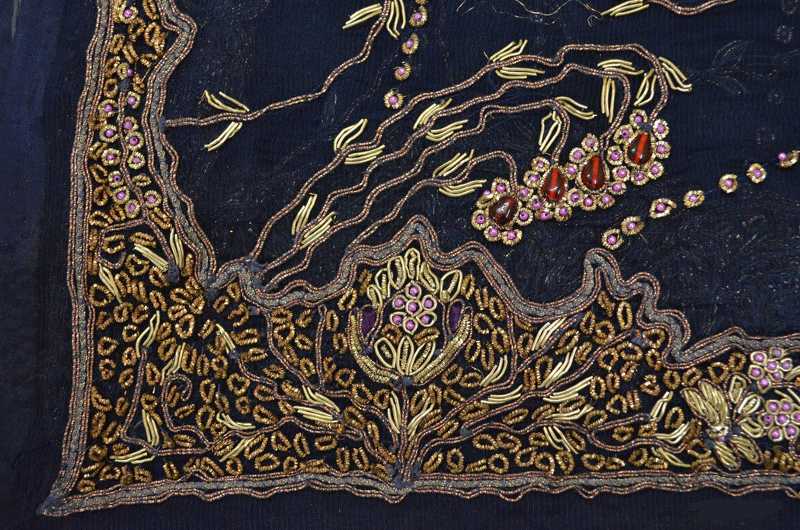===
0174,
6
===

=== |
 |
FWP:
SETS == EK
MOTIFS == ARCHERY; GAZE
NAMES
TERMS == IMPLICATIONNote for grammar fans: What does kis ke modify? An omitted noun, it would seem, like dil , followed by a postposition like meñ to explain the obliqueness. It could also be a kind of generalized possessive, as in constructions like mere do beṭiyāñ haiñ .